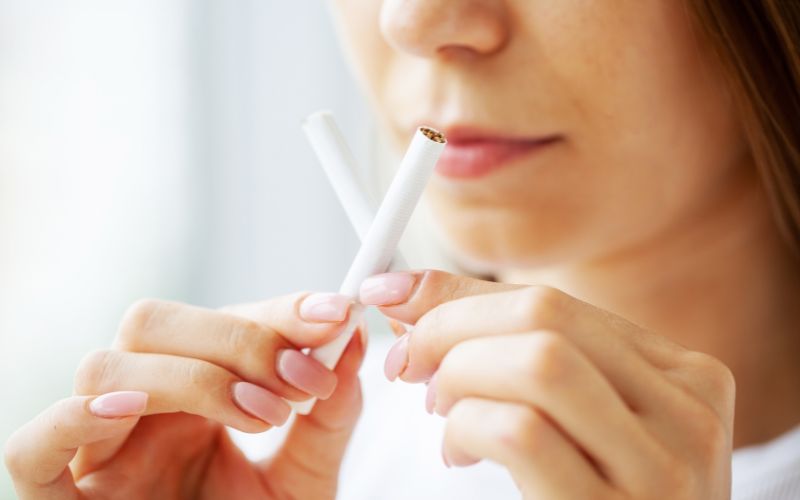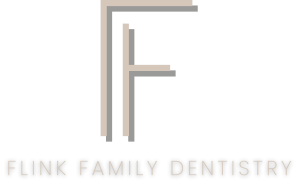1930 E. Rosemeade Pkwy #103 Carrollton, TX 75007


Tooth extraction is a common dental procedure, whether due to decay, infection, or overcrowding. While the process of removing a tooth itself is straightforward, proper aftercare is crucial for ensuring a smooth recovery and preventing complications. One of the common questions many people have is whether it is okay to smoke after a tooth extraction. In this blog, we’ll explore why smoking post-extraction can be problematic and provide guidance on how to manage your recovery effectively.
Why Smoking After Tooth Extraction is Risky
1. Delayed Healing
Smoking can significantly delay the healing process after a tooth extraction. The act of smoking creates suction in the mouth, which can dislodge the blood clot that forms in the socket where the tooth was removed. This blood clot is essential for the healing process as it helps protect the bone and nerve endings and promotes tissue repair.
2. Increased Risk of Dry Socket
One of the most common complications of smoking after tooth extraction is dry socket or alveolar osteitis. A dry socket occurs when the blood clot either dislodges or dissolves prematurely, leaving the bone and nerve endings exposed. This condition can be very painful and significantly prolong the recovery period. Smokers are at a higher risk of developing dry sockets due to the negative effects of nicotine and the physical act of inhaling smoke.
3. Reduced Blood Flow
Nicotine, the active ingredient in cigarettes, causes blood vessels to constrict, reducing blood flow to the affected area. Adequate blood flow is crucial for delivering nutrients and oxygen to the healing tissues. Reduced blood flow can impair the healing process and increase the risk of infection.
4. Increased Risk of Infection
Smoking weakens the immune system, making it harder for your body to fight off infections. After a tooth extraction, the surgical site is vulnerable to infection, and smoking can exacerbate this risk. Additionally, smoke contains harmful chemicals that can irritate the tissues in the mouth and increase the likelihood of infection.
Recommendations for Post-Extraction Care
Avoid Smoking
The most effective way to ensure a smooth recovery is to avoid smoking entirely after a tooth extraction. Ideally, you should refrain from smoking for at least 72 hours after the procedure, as this is the critical period for forming the blood clot and starting the healing process. If possible, consider extending this period to give your body ample time to heal.
Follow Post-Operative Instructions
Your dentist or oral surgeon will provide specific post-operative care instructions. These instructions are designed to promote healing and minimize complications. Be sure to follow them closely, including any recommendations for oral hygiene, diet, and activity restrictions.
Use Alternative Nicotine Products
If quitting smoking entirely is challenging, consider using nicotine replacement products, such as patches or gum, during the recovery period. These alternatives can help reduce nicotine cravings without the risks associated with smoking.
Maintain Good Oral Hygiene
Keeping your mouth clean is essential for preventing infection. Gently brush your teeth and rinse your mouth with a saltwater solution as directed by your dentist. Avoid rinsing too vigorously, as this can disturb the blood clot.
Seek Professional Advice
If you experience any unusual symptoms, such as severe pain, prolonged bleeding, or signs of infection (such as swelling, redness, or pus), contact your dentist immediately. They can provide guidance and treatment to address any complications that may arise.
Smoking after tooth extraction can lead to several complications, such as delayed healing, dry sockets, reduced blood flow, and an increased risk of infection. To ensure a smooth and speedy recovery, it is essential to avoid smoking for at least 72 hours after the procedure and to adhere to your dentist’s post-operative care instructions. If you find it challenging to quit smoking, consider seeking assistance from a healthcare professional and exploring alternative nicotine products. By taking these steps, you can promote optimal healing and minimize the risk of complications following your tooth extraction.
For personalized advice and support, don’t hesitate to reach out to your nearest Carrollton dental office. They can offer additional information and resources to aid you in the recovery process.

